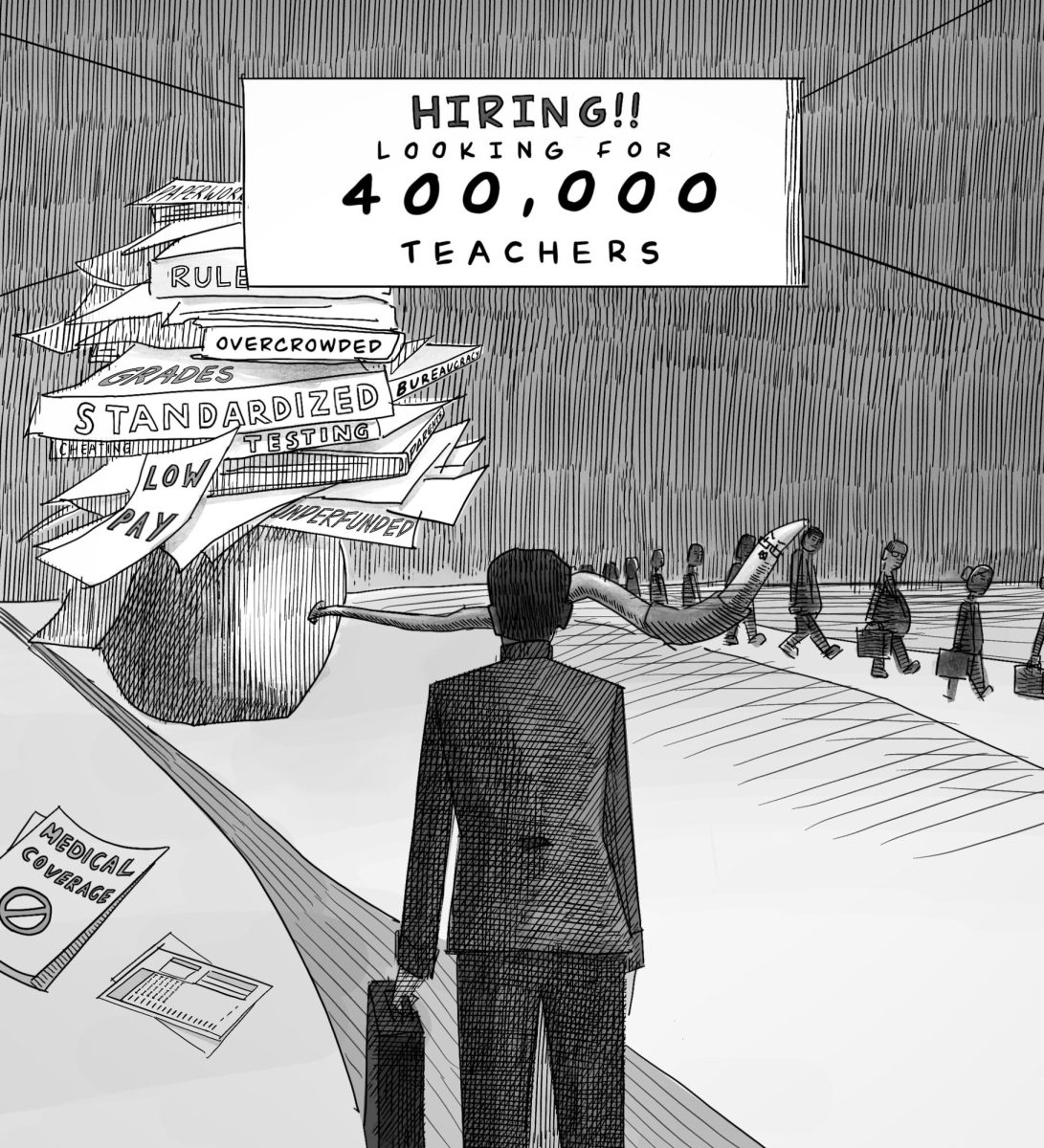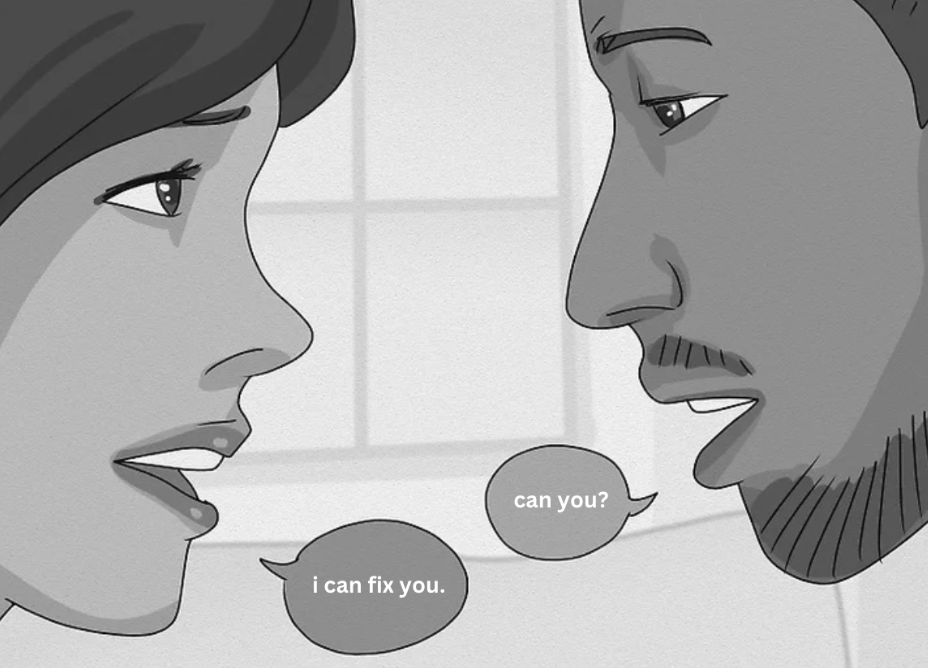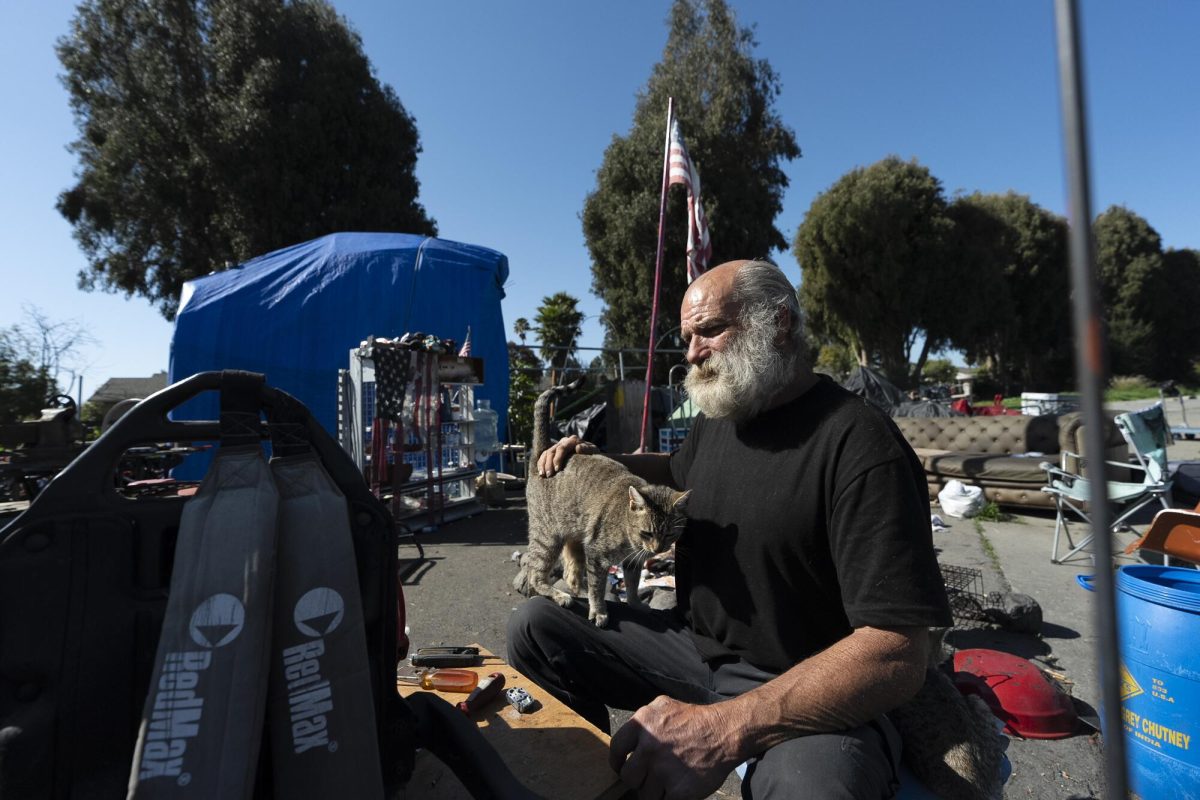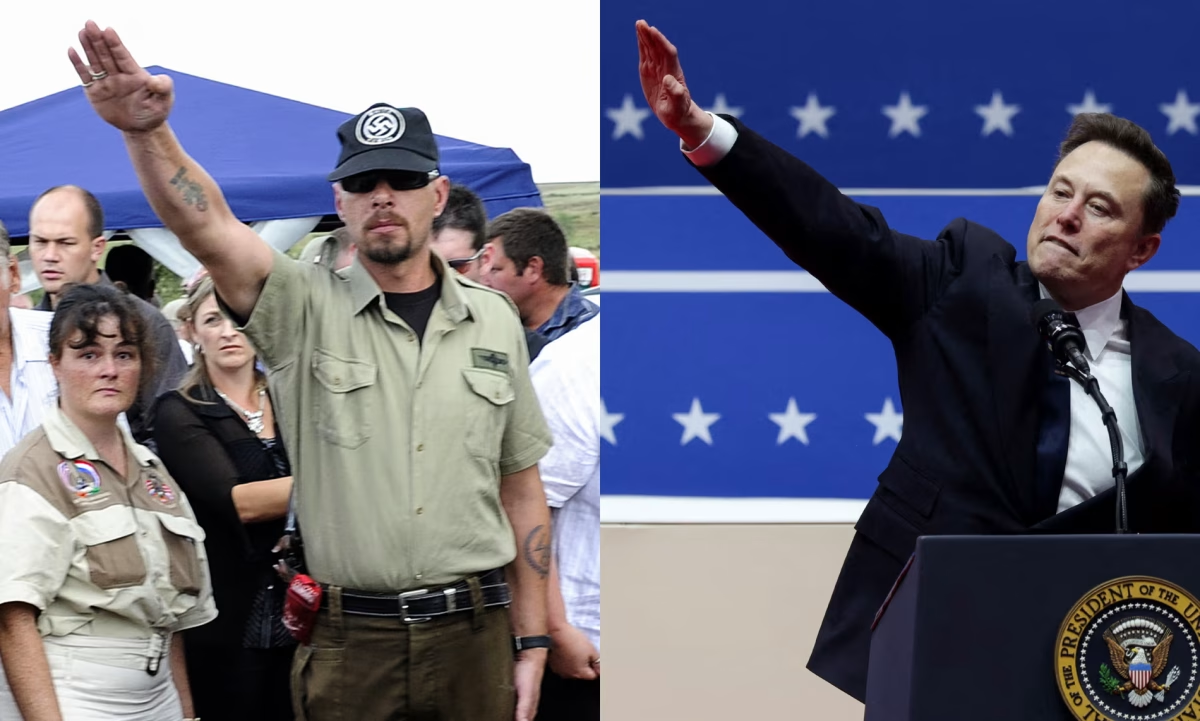Ferguson decision protests leans more toward race than excessive police powers
By Channing Whitaker | Staff Writer
In Ferguson, Missouri on Aug. 9, Michael Brown, an unarmed black teenager, was shot and killed by Darren Wilson, a white police officer who saw Brown running away from him. On Nov. 24, the St. Louis County prosecutor announced that a grand jury decided not to indict Mr. Wilson. Both events prompted rage and protests for weeks.
The Ferguson decision shows that institutional racism still exists in society. While proponents of excessive police power believe that they protect police officers.
Even after the abolishment of slavery in 1865, the problem between blacks and whites did not go away. In the 1960s, Dr. Martin Luther King Jr. had to lead a march from Montgomery, Alabama to Washington D.C. to end mistreatment of African Americans. The Ferguson incident though only strengthens my belief of African American mistreatment.
Police officers should still suffer the same consequences that normal citizens would have to deal with, which involves going to prison for shooting an unarmed minor. On the other hand, I can see why police officer Wilson decided to shoot: he was perceived that he was protecting not only himself from a dangerous scenario, but those around him too.
Of the two points of views (race or excessive police power) regarding the Ferguson situation, protesters in Missouri, New York, Ohio, and other states regard institutional racism rather than actions against excessive police powers.











